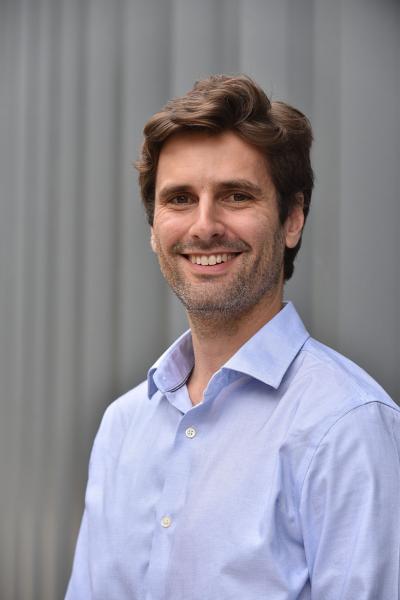WCED Lecture. State Repression and Collective Action in Egypt
Jean Lachapelle, Weiser Emerging Democracies Postdoctoral Fellow, U-M
Egypt has witnessed thousands of protests over the last decade. In the face of such collective action, security forces have responded in varied ways, ranging from tolerating protests to crackdowns using non-deadly force, to unleashing large-scale lethal repression. What explains these patterns of repression? Which protests were security forces most likely to shut down, and why? What determined the level of violence that security forces used? Based on extensive fieldwork in Egypt, Jean Lachapelle will argue that autocrats’ repressive strategies are largely shaped by elite assessments of the risks of a popular backlash—i.e., the risk that repression may backfire and cause further mobilization. Empirically, Lachapelle demonstrates the relationship between backlash risks and patterns of violent repression in Egypt between 2004 and 2015, using interviews and an original event dataset of protests and police responses.
Jean Lachapelle completed his Ph.D. in political science at the University of Toronto in 2017. His current research examines the causes of state violence in authoritarian regimes, with regional expertise on the Middle East and North Africa. More broadly, Jean is interested in issues of repression, revolution, the relationship between violence and political order, as well as methods of causal inference in the social sciences. His first book project, entitled “Determinants of State Repression in Authoritarian Regimes,” focuses on Egypt (1981-2013) and theorizes the decision-calculus of authoritarian rulers to deploy repression, using interviews and an original dataset of protests and repressive events collected over the course of 16 months of research in Egypt. As a Weiser Center postdoctoral fellow, Jean will complete his book manuscript and work on related projects that test and expand its key arguments. In particular, he will conduct a cross-national study of Syria, Tunisia, Iraq, and Egypt since the mid-20th century that explains why these countries exhibit divergent patterns of state repression.
Jean Lachapelle completed his Ph.D. in political science at the University of Toronto in 2017. His current research examines the causes of state violence in authoritarian regimes, with regional expertise on the Middle East and North Africa. More broadly, Jean is interested in issues of repression, revolution, the relationship between violence and political order, as well as methods of causal inference in the social sciences. His first book project, entitled “Determinants of State Repression in Authoritarian Regimes,” focuses on Egypt (1981-2013) and theorizes the decision-calculus of authoritarian rulers to deploy repression, using interviews and an original dataset of protests and repressive events collected over the course of 16 months of research in Egypt. As a Weiser Center postdoctoral fellow, Jean will complete his book manuscript and work on related projects that test and expand its key arguments. In particular, he will conduct a cross-national study of Syria, Tunisia, Iraq, and Egypt since the mid-20th century that explains why these countries exhibit divergent patterns of state repression.
| Building: | Weiser Hall |
|---|---|
| Event Type: | Lecture / Discussion |
| Tags: | Africa, Democracy, International, Middle East Studies, Politics |
| Source: | Happening @ Michigan from Weiser Center for Emerging Democracies, International Institute, Center for Middle Eastern and North African Studies |


